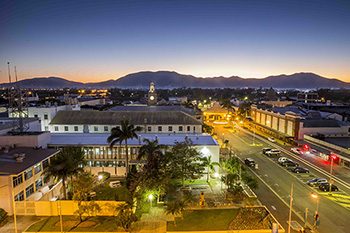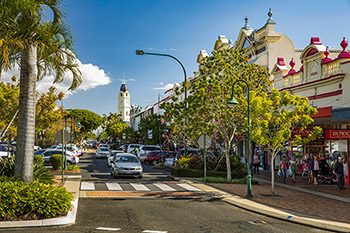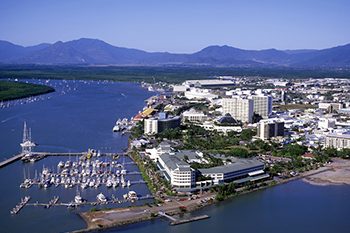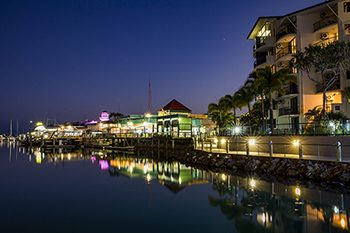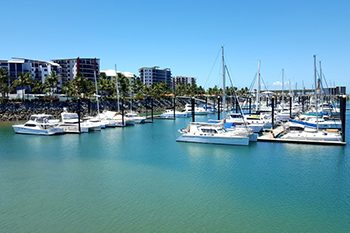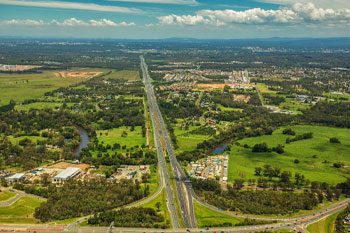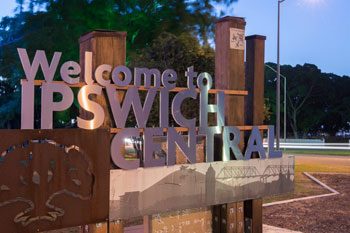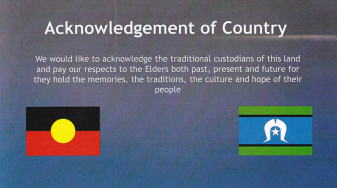Psychosocial Recovery Coaching
What is a psychosocial recovery coach?
Many people with mental health needs face barriers when accessing social activities and interacting in a range of situations. To give clients with psychosocial difficulties the support they need, NDIS has created a new service – psychosocial recovery coaching. The aim of this coaching is to empower clients to take control of their lives and increase their capacity to access the support they need.
A psychosocial recovery coach develops a long-term relationship with the client, providing responsive, needs-led support with the aim of enabling clients to get the support they need when they need it, reducing the risk of crises.


What can a psychosocial recovery coach help with?
Psychosocial recovery coaches have particular expertise in the field of mental health services and working with people who have mental health needs. This skill set enables them to provide the empathetic, responsive support clients need to access services that build resilience and enhance everyday life, as well as crisis services if needed.
The type of activities a psychosocial recovery coach can assist with include:
- Assisting clients to control and choose the services they access.
- Building a supportive relationship with the client, which includes providing added input during times of crisis.
- Helping clients to set goals and develop strategies to meet these goals.
- Helping clients to build capacity so that they can more effectively manage their mental health and access the services they need on an ongoing basis.
What is a psychosocial disability?
A psychosocial disability is present when a client’s mental health prevents them from accessing social environments. NDIS guidance doesn’t list specific mental health diagnoses that may mean a psychosocial disability is present. Symptoms and behaviours that may be classified as a psychosocial disability include:
- Problems interacting with others (such as severe anxiety, an inability to concentrate or low mood meaning it’s difficult to access social environments).
- An inability to deal with pressure or multi-task (which can make it difficult to leave the house to participate in social activities).
- Difficulty in managing stress.


How is psychosocial recovery coaching different from a support coordinator?
The main difference between psychosocial recovery coaching and support coordination is the focus on meeting mental health needs. Psychosocial recovery coaches have particular expertise in working with clients who have mental health needs. They also have extensive knowledge of the services available for people with mental health needs.
Psychosocial recovery coaching is a hands-on, practical role that provides continuous, long-term support for clients. In contrast, the support coordination role is a more generic capacity-building role for clients that don’t have a specific mental health diagnosis.
Contact us today to learn more about our psychosocial recovery coaching
If you or someone you love suffers from mental health problems that prevent them from accessing social situations, psychosocial recovery coaching could provide them with the support they need to better sustain and manage their condition.
Call us on 1800 288 622 to find out more about the benefits of psychosocial recovery coaching and the difference it could make. We service a wide range of locations in Queensland including Cairns, Townsville, Mackay, Rockhampton, Gladstone, Bundaberg, Hervey Bay, Maryborough, Gympie, Toowoomba, the Sunshine Coast, Brisbane, Ipswich, Loganholme, Nambour, the Fraser Coast, Maroochydore and Caboolture.


